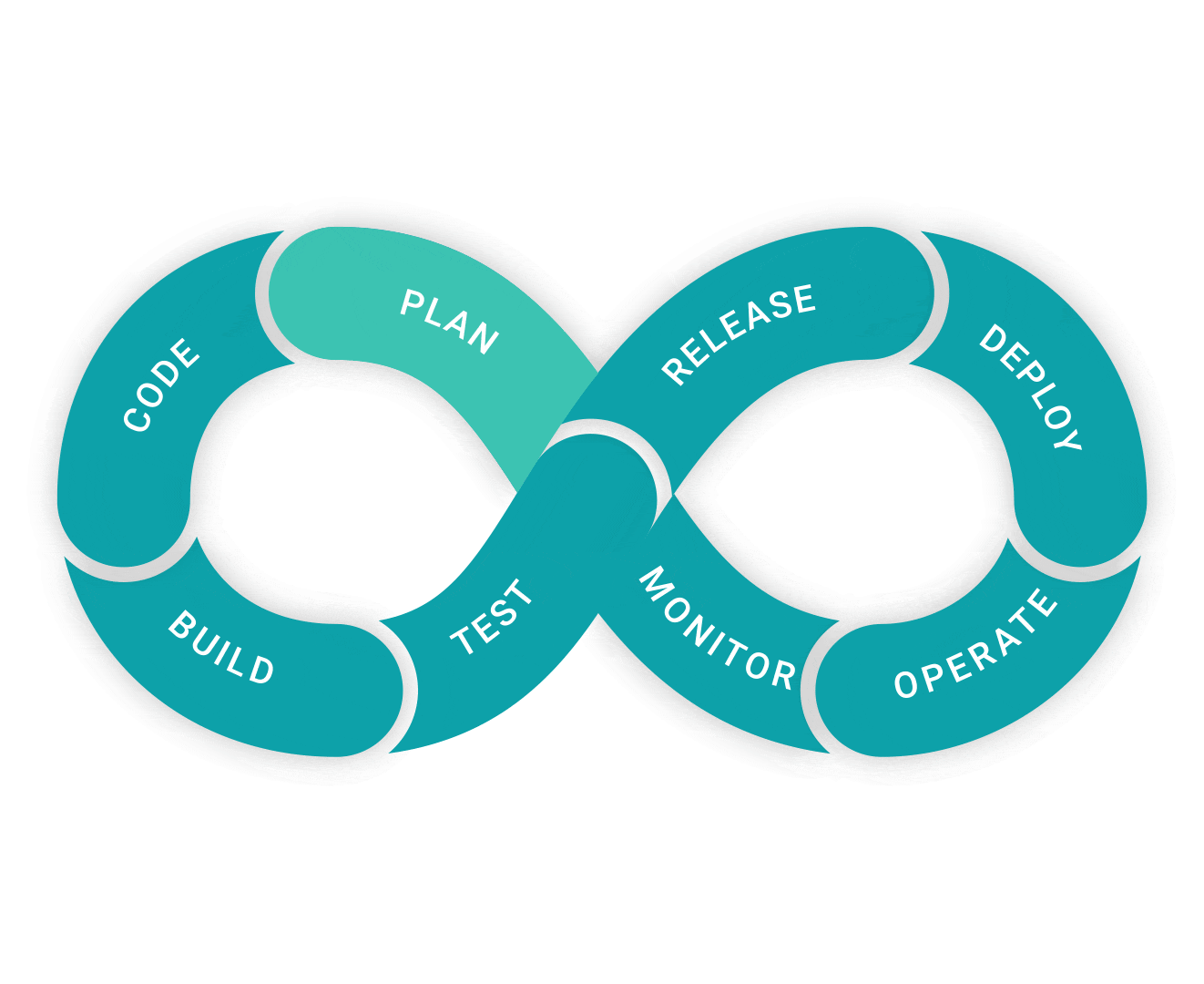Table of contents
The phrase "DevOps," which is derived from the words "Development" and "Operations," refers to a software engineering methodology that emphasizes collaboration as well as interaction between IT operations teams and software development teams to increase the efficiency and effectiveness of software delivery.
IT operations and software development teams have always operated in distinct groups with limited interaction. Software releases were delayed, the quality of the software was unacceptable, and scaling software applications proved to be challenging. By combining the knowledge of the two teams and merging their processes, DevOps was developed to overcome these problems and produce a development process that is more productive and efficient.
Key concepts in the DevOps
Continuous integration
Continuous delivery
Continuous monitoring
Automation
It involves a cultural shift towards collaboration, communication, and shared ownership of the software development and deployment process. DevOps teams work together to automate the software delivery process, streamline workflows, and improve the speed and quality of software releases.

Some of the key benefits of DevOps are
Improved collaboration - DevOps encourages cooperation and communication between the development and operations teams, which helps to increase efficiency and improve the quality of software.
Faster time to market - DevOps practices like automation and continuous delivery shorten the time it takes to release new software, allowing businesses to react more swiftly to client demands.
Improved software quality - DevOps helps to find and repair problems sooner in the development process by automating testing and integrating changes more frequently. This increases the quality of software.
Increased efficiency - By streamlining workflows, removing manual errors, and reducing the time and effort needed for software delivery, DevOps practices increase the effectiveness and efficiency of the procedure.
Better risk management - Continuous monitoring and feedback are emphasized in DevOps, which aids in identifying and reducing risks and vulnerabilities in the software program.
Continuous improvement - Through the use of feedback loops, data analysis, and monitoring, DevOps promotes continuous improvement, which helps to find areas for improvement and optimize processes.
Greater scalability - Using cloud infrastructure and automating procedures, DevOps enables businesses to scale their software applications more effectively.
Overall, DevOps provides a range of benefits that help organizations to improve software delivery, increase efficiency, and deliver value to customers more quickly and reliably.